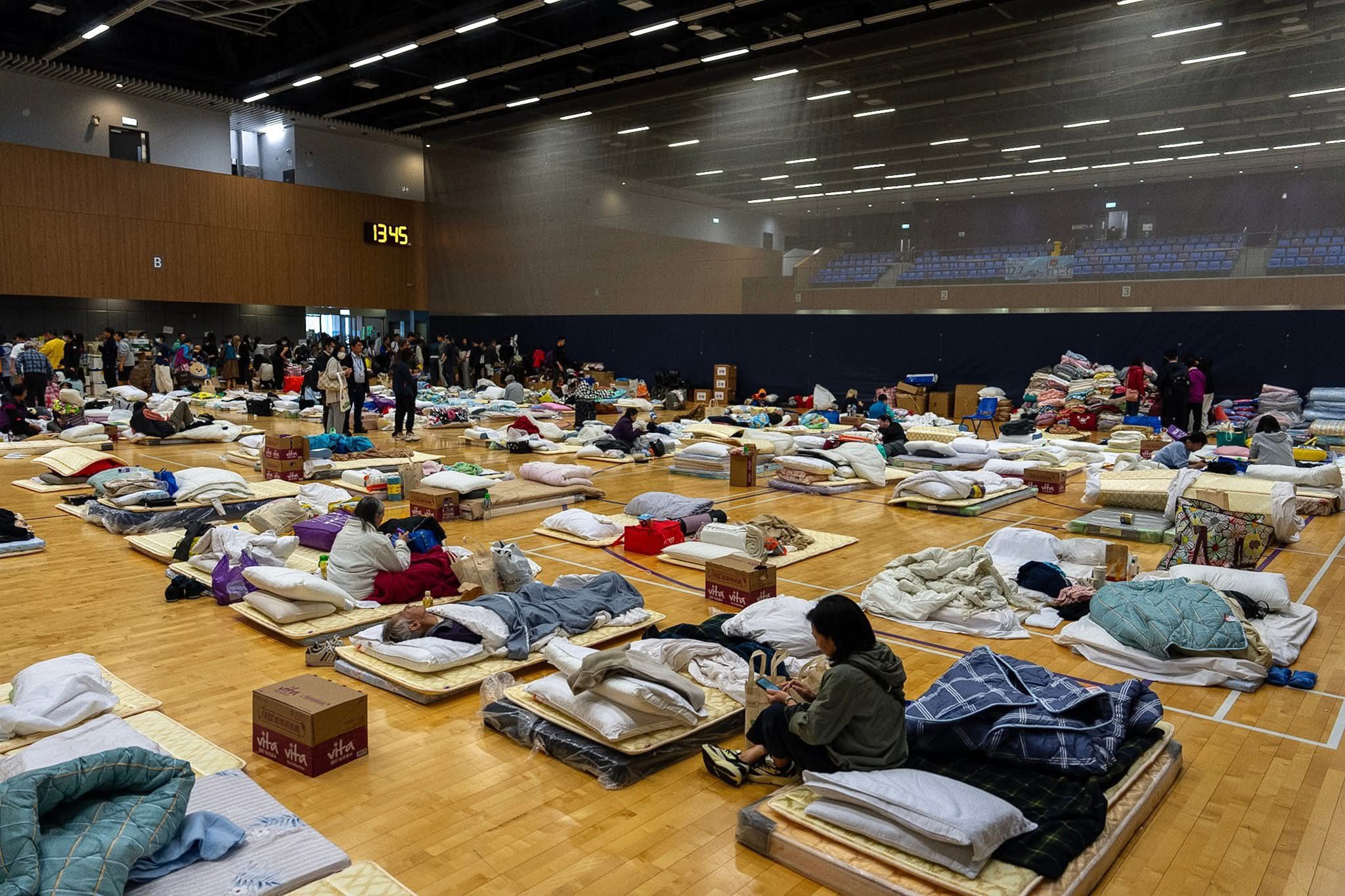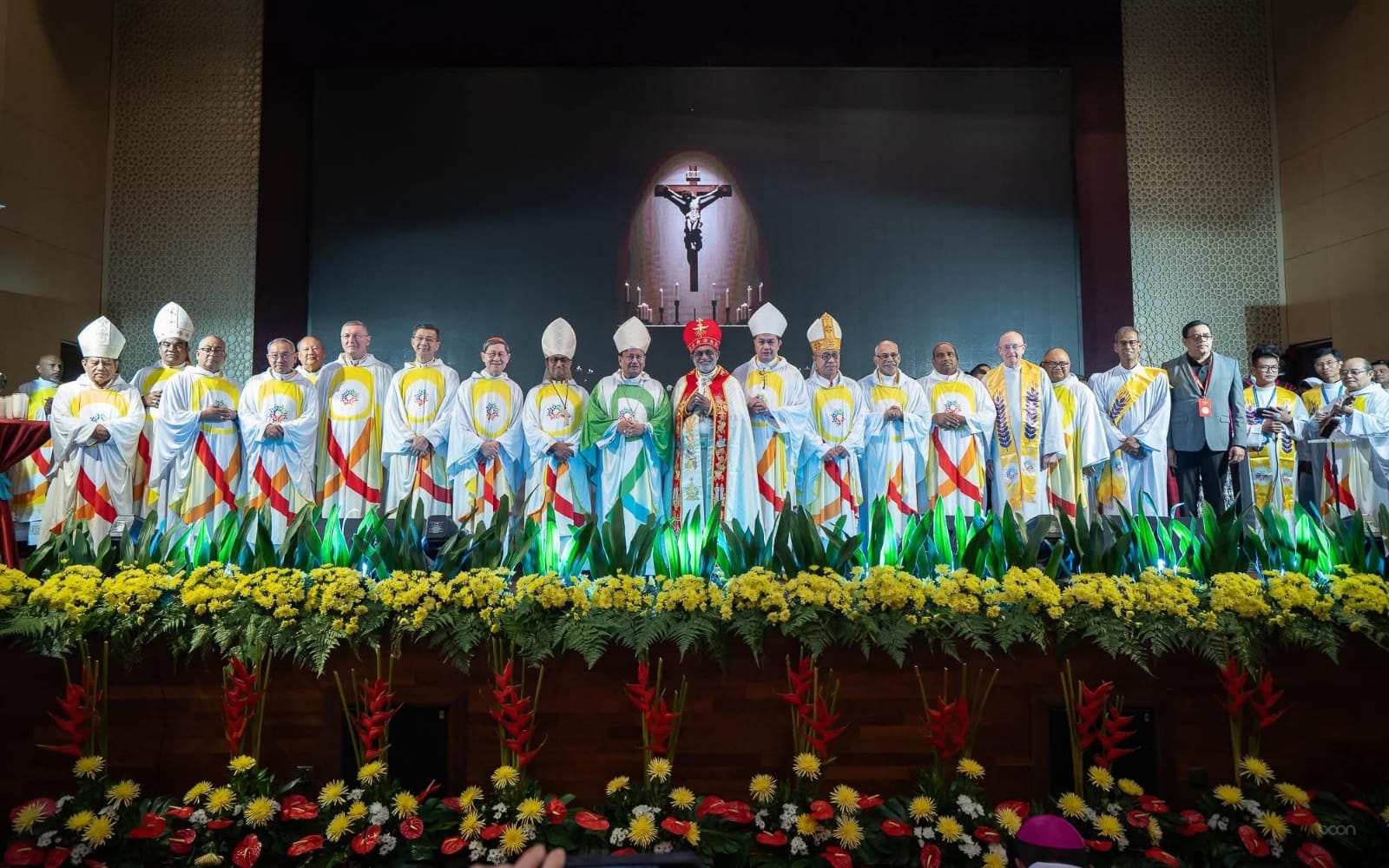Robaird O’Cearbhaill
Hong Kong Correspondent
East Timorese politician, Nobel Peace Prize winner, Jose Ramos Horta, is most likely for the second time become his country’s president again in April after garnering far more votes in the head of state election. As the ballot stipulates 50% votes in the race, a second round will decide the winner on April 19, between Ramos Horta, 46% votes and present president, Lu Olo Guterres, who gathered less than half that tally.
Ramos Horta became an international celebrity mostly because he won the Nobel Peace prize in 1996 jointly with Bishop Carlos Filipe Ximenes Belo. However, his admirable reputation had been already established among the hundreds of influential, Western activists for East Timor in its quest for freedom. This movement had become a top international cause celebre by 1999 when Indonesia agreed to a one person one poll referendum: for staying within Indonesia, or independence. The latter won by an overwhelming majority.
In 1996, the Nobel Committee praised the two men for “sustained efforts to hinder the oppression of a small people.” Also for the purpose that “this award will spur efforts to find a diplomatic solution to the conflict of East Timor based on the people’s right to self-determination.” They were cited, moreover, “for their work towards a just and peaceful solution to the conflict.” The Committee agreed with the international political and journalistic opinion that Ramos-Horta was “the leading international spokesman for East Timor’s cause since 1975.”
The other co-laureate was East Timor’s Bishop Ximenes Belo, leader of the Catholic Church of that country then brutally occupied by the Indonesian army.
East Timor had been under illegal occupation since 1975, when the Indonesian army and navy invaded the colony of Portuguese Timor. Portugal was negotiating and arranging for independence for the territory. Indonesia tried hard to interrupt that, including through temporary minor invasions, a heavy propaganda campaign, successfully dividing the two major and united political parties, leading to civil war between them.
Given the Indonesian interference and slow process with Portugal which planned for the territory to become a separate state in late November 1975, Timorese leaders declared independence. Eleven days later, the expected wholesale Indonesian invasion arrived, terrorizing and killing many in the capital Dili. The provisional government sent Ramos Horta, appointed foreign minister, to address the United Nations assembly in New York where he became foreign negotiator for independence for East Timor until 1999, when the UN took over governing the country until independence.
Since then he has been foreign minister 2002-2006, prime minister 2006-2008, and president from 2008-2012.


 Follow
Follow


